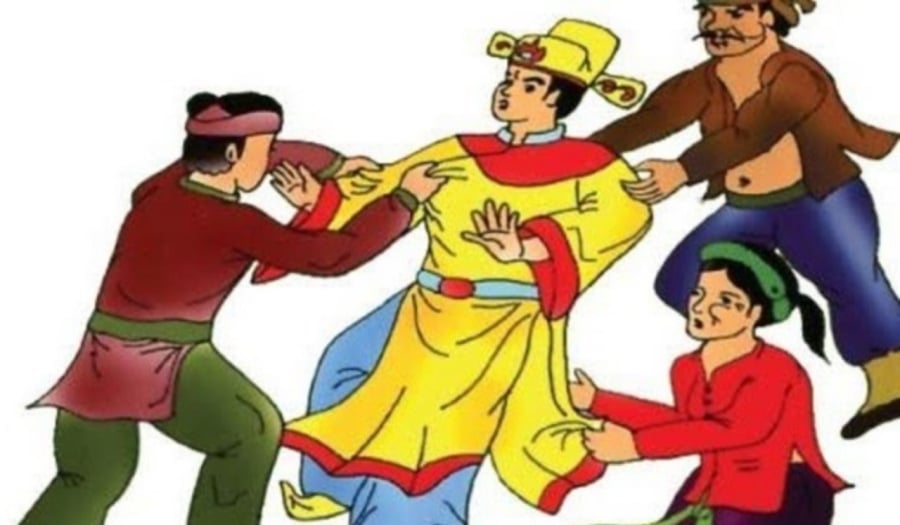King Le Trang Tong was a ruler of the Later Le Dynasty in Vietnamese history, known for his humble beginnings and a past riddled with debt. The people affectionately nicknamed him “Chua Chom,” meaning “Lord Chom.”
According to the “Dai Viet Su Ky Toan Thu” (Complete Annals of Dai Viet), after the Le Dynasty was overthrown by Mac Dang Dung, many royal family members were killed. Le Duy Ninh, the future King Le Trang Tong, escaped this fate thanks to a high-ranking official named Le Quan, who helped him flee to the land of Ai Lao (present-day Laos).
King Le Trang Tong (1533–1548), born Le Duy Ninh, had a tumultuous life. He is well-remembered for his early struggles, earning him the endearing moniker of “poor Lord Chom” from the common people.
Le Trang Tong was the son of King Le Chieu Tong. When Mac Dang Dung usurped the Le throne, he and his mother sought refuge in Ai Lao. In 1533, loyal courtiers invited him back to reclaim the throne, unite the kingdom, and restore the Le Dynasty. Due to his childhood name, “Chom,” he became known as “Lord Chom” upon his ascension.
Legend has it that the young Le Duy Ninh accumulated significant debt during his humble beginnings. Living in poverty, he and his mother worked tirelessly to make ends meet, often relying on credit from street vendors.
During his exile, Le Duy Ninh, also known as Chổm, endured extreme poverty and had to borrow to survive. Later, when he ascended the throne and returned to the capital of Thang Long, he passed through his old village, where he and his mother had once sought refuge.

King Le Trang Tong, nicknamed “Lord Chom,” had a past marked by debt. (Illustrative image)
As he could not recall whom he owed and how much, and to prevent false claims, he waived taxes for one year for the people of that region, considering it a way to repay his old debts.
The court also issued an order prohibiting debt collectors from pointing fingers at the king in a disrespectful manner. As a result, the small path he once walked upon was named “Cam Chi,” meaning “prohibited from pointing,” and it still exists in Hanoi today.
In 1548, King Le Trang Tong passed away at the age of 34.
The “Dai Viet Su Ky Toan Thu” records: “The king encountered adversity, but thanks to his loyal subjects who enthroned him, allied with neighboring countries, and employed capable generals, the people were happy to serve, and the foundation of the Trung Hung [Restored Prosperity] was established.”































